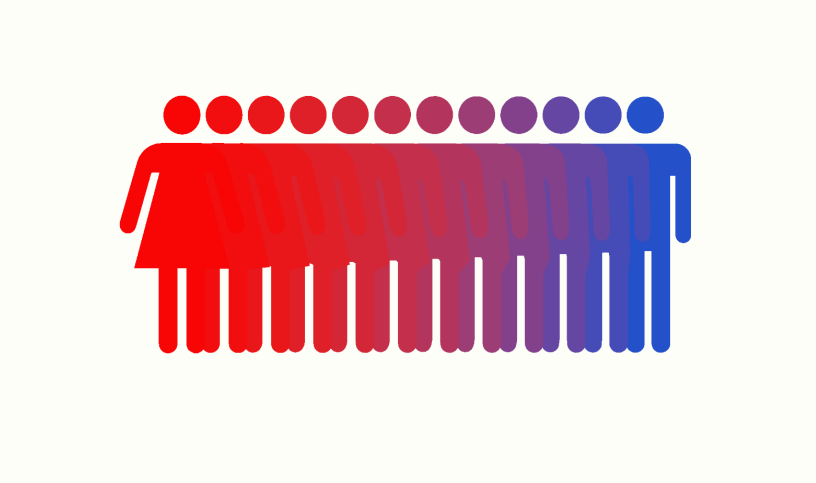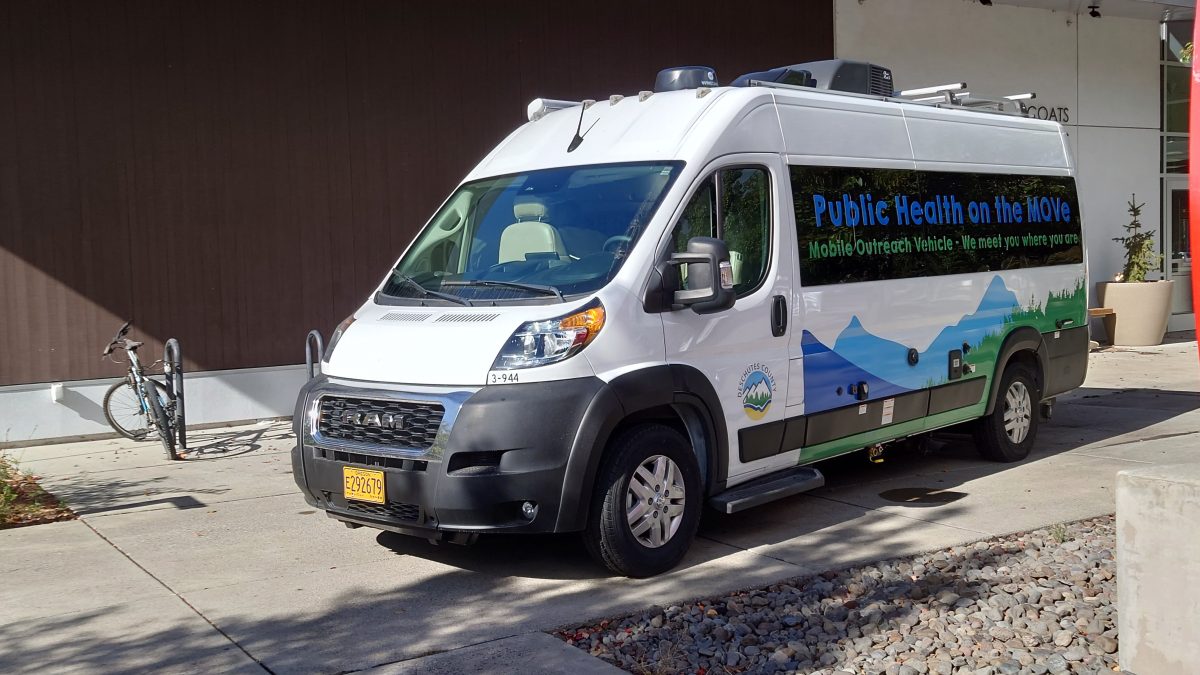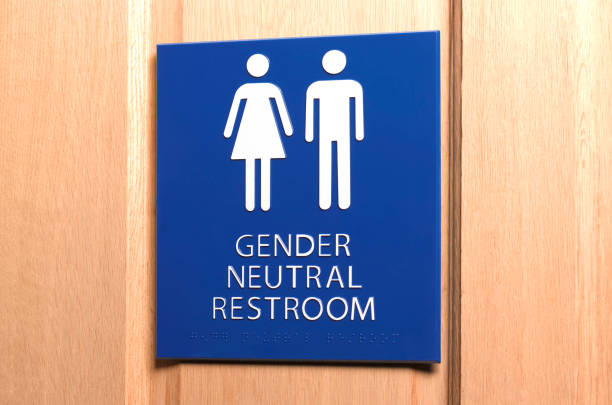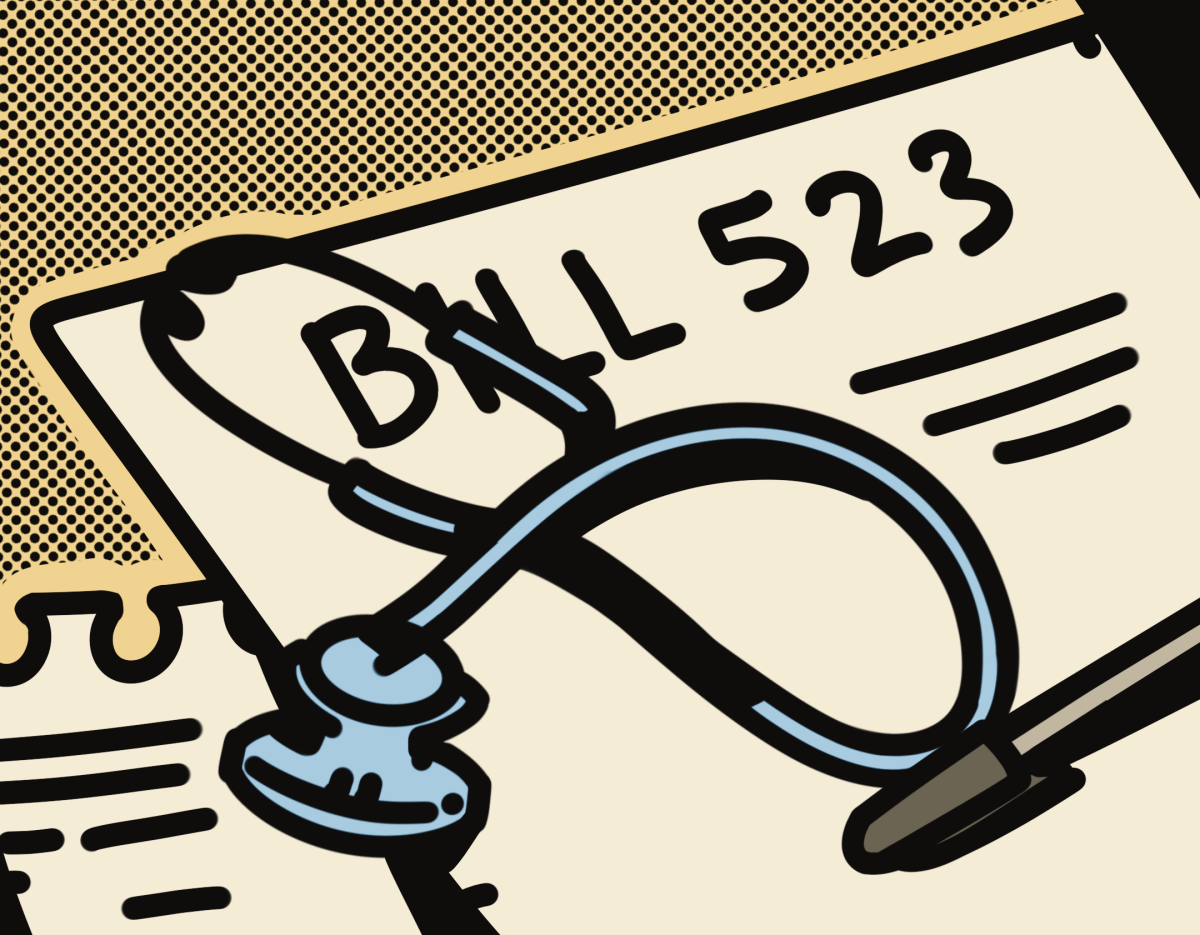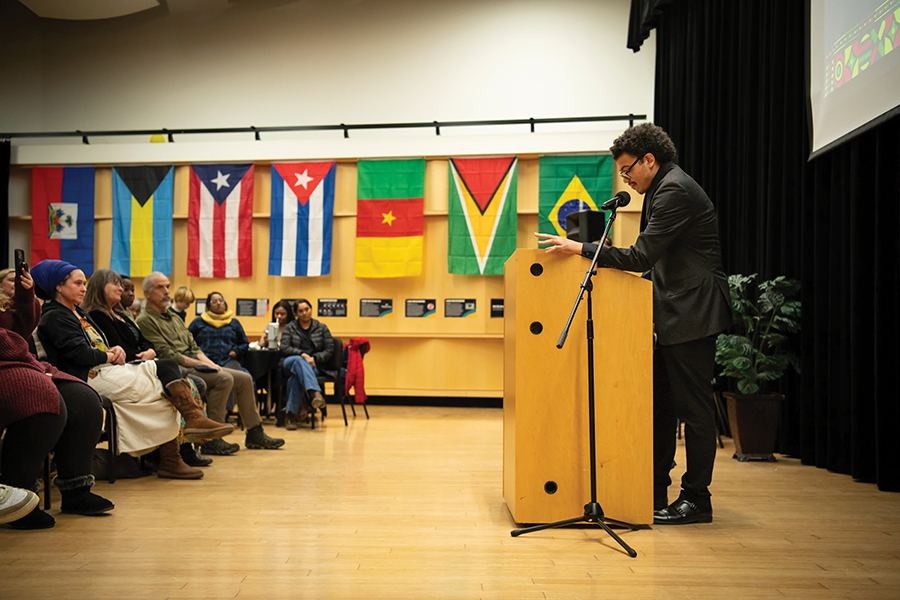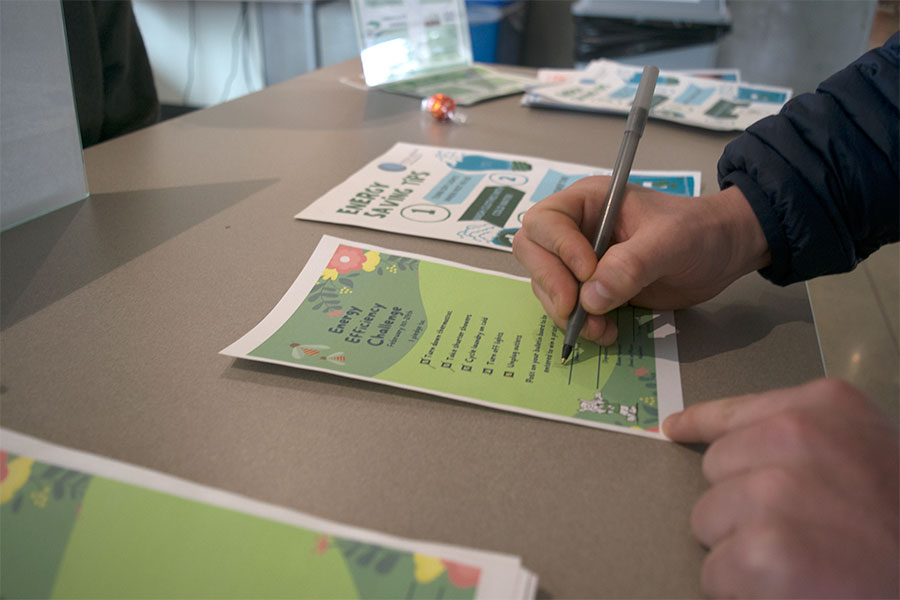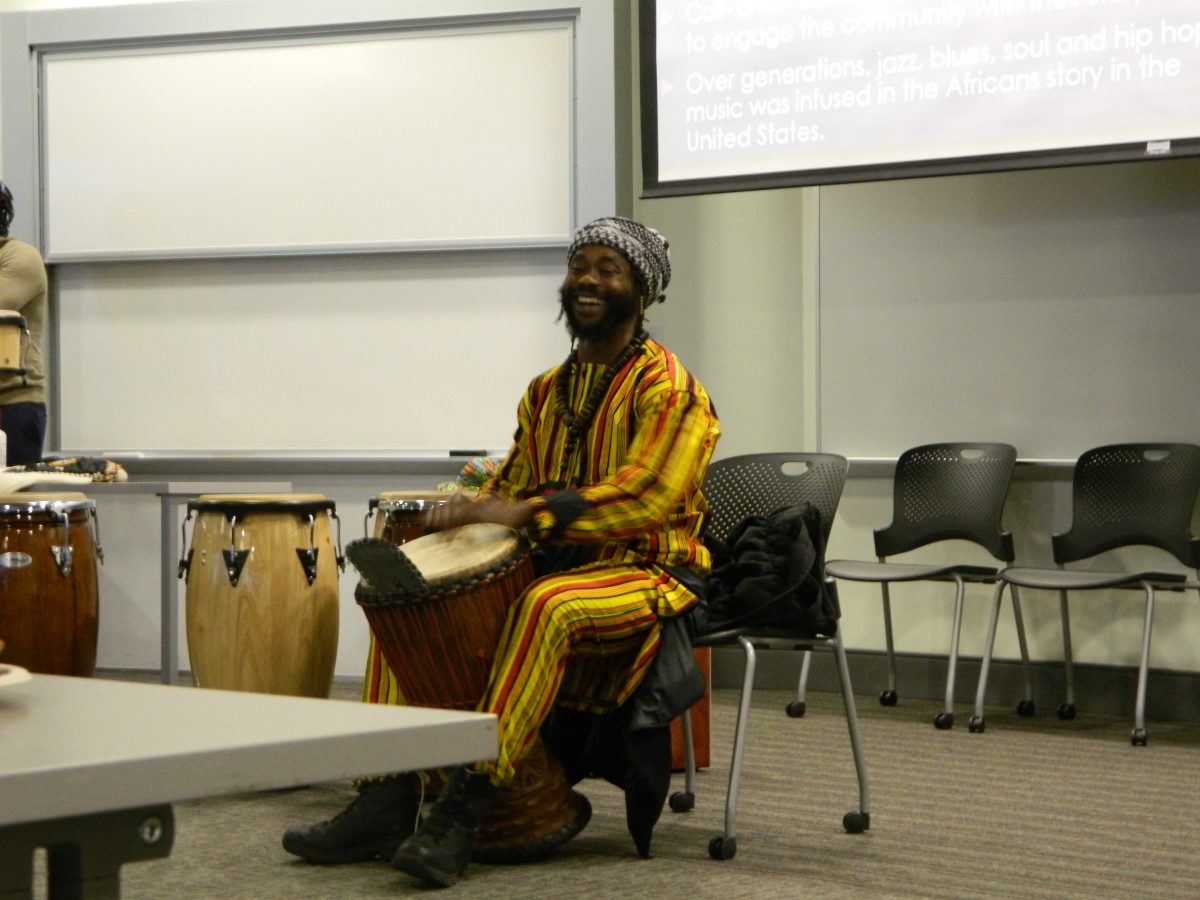Recently, a survey was taken by a total of 24 students at COCC. This survey had participants give their gender identity, sexual orientation, and race before asking them to rate their comfort level when talking to medical professionals and family and friends about health conditions on a scale of 0 to 5. 0 being “Not comfortable”, 5 being “Very comfortable”.
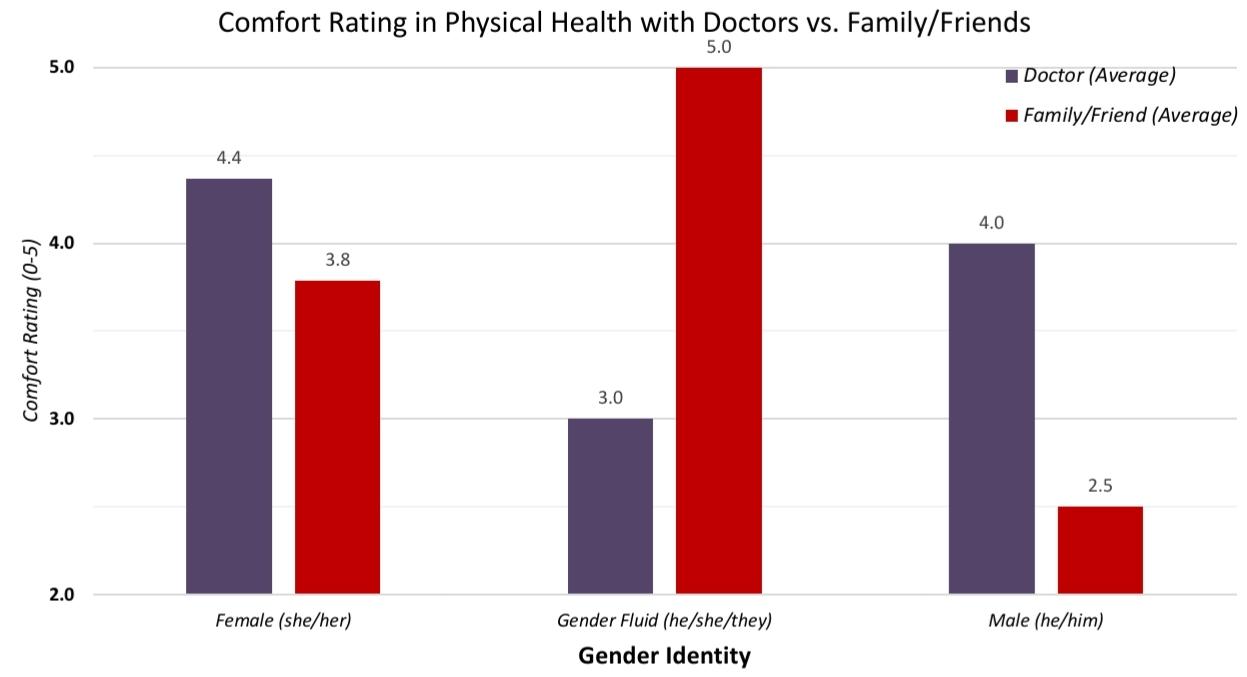
According to the survey, people felt most comfortable talking to doctors about physical health conditions with only 21% of participants rating a 3 (neutral) or lower. 46% of participants rated 3 (neutral) or lower when talking about physical health conditions with family or friends.
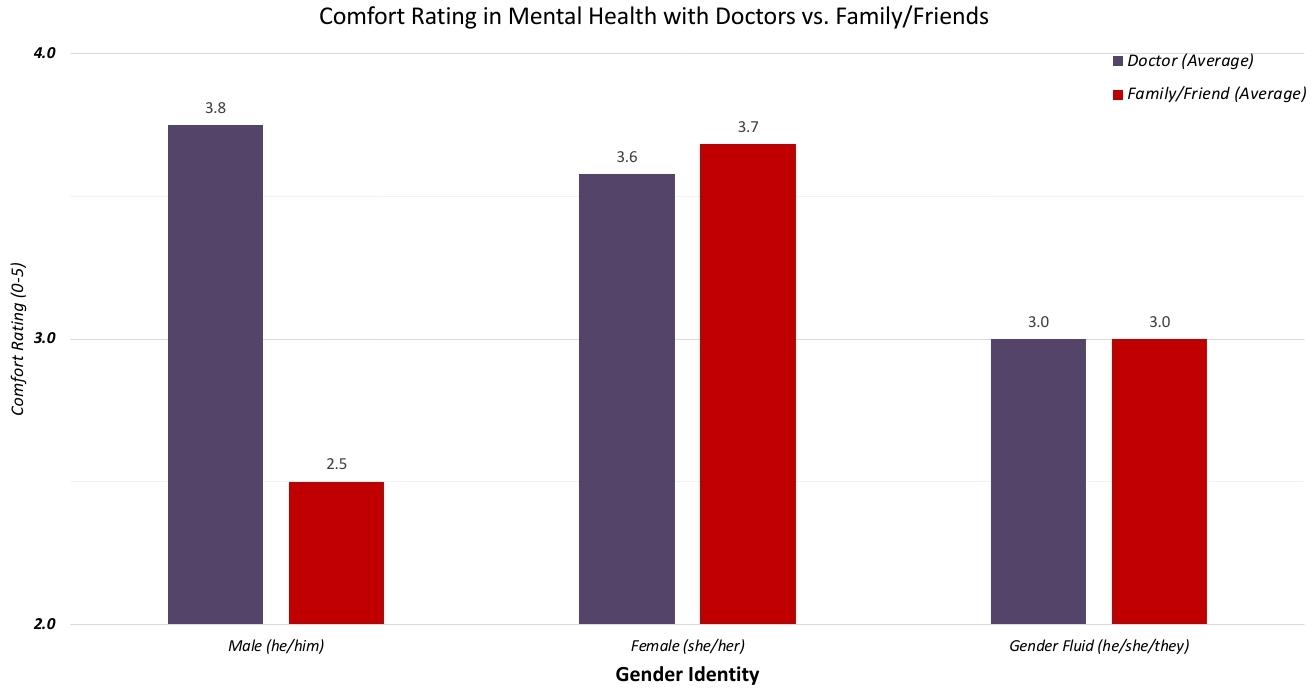
Mental health conditions were where the ratings fell. 38% of participants rated 3 (neutral) or lower on talking to a doctor about mental health conditions and some even rated 0 (not comfortable). 54% of participants rated 3 (neutral) or lower on talking to friends or family about mental health conditions.
79.2% of participants identified as female, 16.7% as male, and 4.2% as gender fluid.
58.3% of participants identified as straight, 29.2% as bisexual, 12.5% as pansexual, and 4.2% as grey-sexual.
A student at COCC graciously allowed an interview with The Broadside to talk about previous experiences of misgendering in medical settings as well as social settings. They chose to remain anonymous for our interview and so will be called “A” for the purposes of this article.
A is gender fluid, meaning they go by they/them/he/she pronouns, and is pansexual, meaning they are attracted to all or many genders.
The Broadside: Have you told a medical professional your gender or sexual orientation?
A: [I’m not sure,] I don’t usually bring it up unless someone asks. Which they usually don’t.
TB: Do you think [the lack of knowing your gender and sexual orientation] changed how they performed their job?
A: No, because it seems to get overlooked quite a lot. Being able to disclose [gender and sexual orientation] isn’t readily publicized. I had to [search] the [medical information] system and change it myself.
TB: Do you think [knowing gender and sexual orientation] should [change how medical professionals perform their job]?
A: Yes, because [gender and sexual orientation] are modes of expression for an individual and that expression changes from person to person.
TB: What was your experience [of telling people your gender identity]?
A: My experience has always been pretty positive, but that’s because I’m very fluid in my expression, so [gendering] doesn’t bother me one way or another. It’s generally a bit more irritating, in the back of my mind, if I feel more masculine that day and I get referred to as “she”.
TB: What [was] your initial reaction to telling a medical professional your gender or sexual orientation?
A: I was a bit nervous, because you never know how someone is going to react.
TB: What is your initial reaction when you tell someone you trust your gender or sexual orientation?
A: I question myself because there’s this expectation in society that you can’t be fluid across the board. It’s definitely more acceptable these days, but there are still times when you run into people that will demean you for it. It only takes a few of those instances to make you want to avoid the situation altogether.


